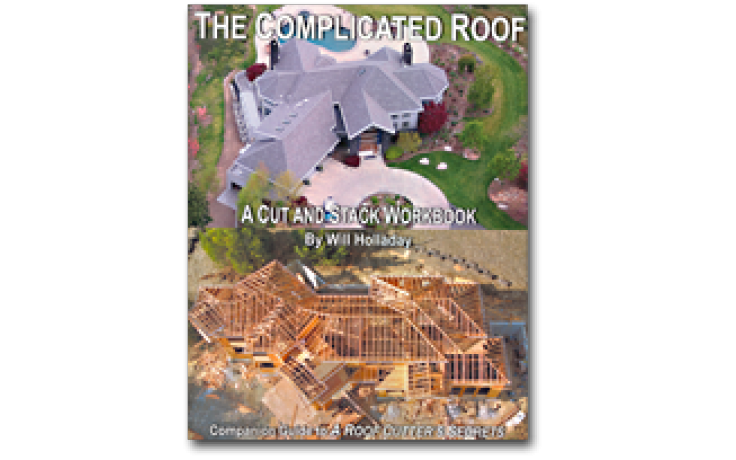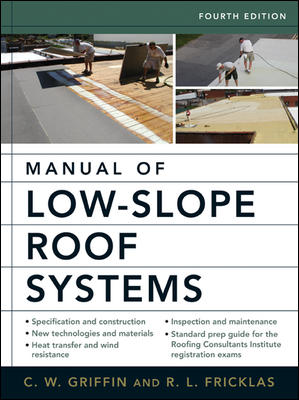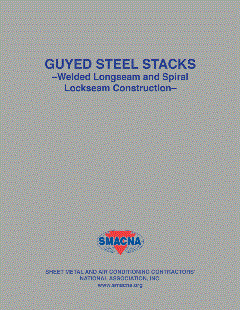How The Defend Trade Secrets Act Affects Roofers
Safeguarding trade secrets can help put roofers in a better position to secure and retain skilled workers.

The lack of skilled labor is the number one threat to the roofing industry. To hire skilled supervisors, sales staff and management, roofers often have to look to competitors rather than hire employees new to the market. Given the competitive nature and demand for skilled labor, roofers have employed a variety of tactics to not only secure “loyalty,” but protect trade secrets and proprietary information.
The primary tool to enforce confidentiality is a detailed employment agreement. However, most roofing contractors have had access to The Uniform Trade Secrets Act (UTSA). Adopted by 48 states, the USTA provides states with remedies for the misappropriation of trade secrets for companies operating in multiple states.
The Defend Trade Secrets Act of 2016 (DTSA), effective May 12, now provides federal jurisdiction for trade secret misappropration. The DTSA doesn’t preempt state laws, such as the UTSA, but merely provides plaintiffs with the option to file a claim in federal or state court. This is a very important distinction as state laws may require more from a plaintiff. For example, California requires plaintiffs to describe its trade secrets with particularity, while federal law doesn’t. Therefore, the DTSA provides employers with the possibility of an easier route to prosecuting trade secret violations.
The Potential Impact
Why should roofers care? The DTSA can be used as a weapon by roofers against former employees that seek to use proprietary information and trade secrets. This could include misappropriation of specialized marketing information, customer lists, proprietary software and almost anything that isn’t reasonably ascertainable by a competitor.
What to Do?
There are certain things that should be done to take advantage of possible claims with the DTSA, since it allows roofers to aggressively pursue former workers that have misappropriated proprietary information for either their own use or use by a competitor.
Make sure you have detailed and enforceable employment agreements that contain confidentiality and non-compete language.
Identify and protect your company’s trade secrets.
Add the new whistleblower language to your employee agreements. Failure to add the language can result in an employer’s inability to get attorney fees and punitive damages.
By remaining vigilant and safeguarding trade secrets, roofers will be in a better position to secure and retain skilled workers.
Looking for a reprint of this article?
From high-res PDFs to custom plaques, order your copy today!










